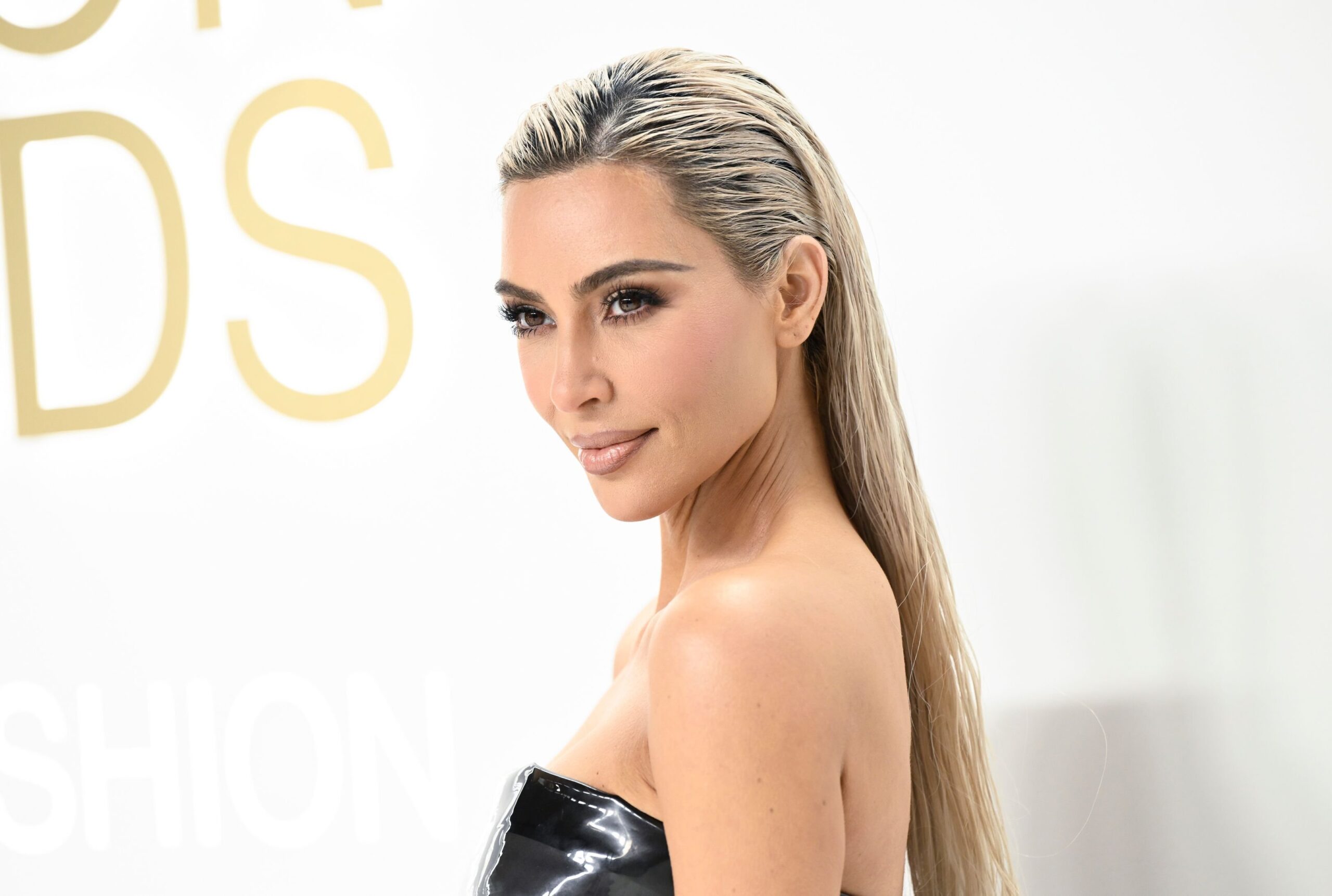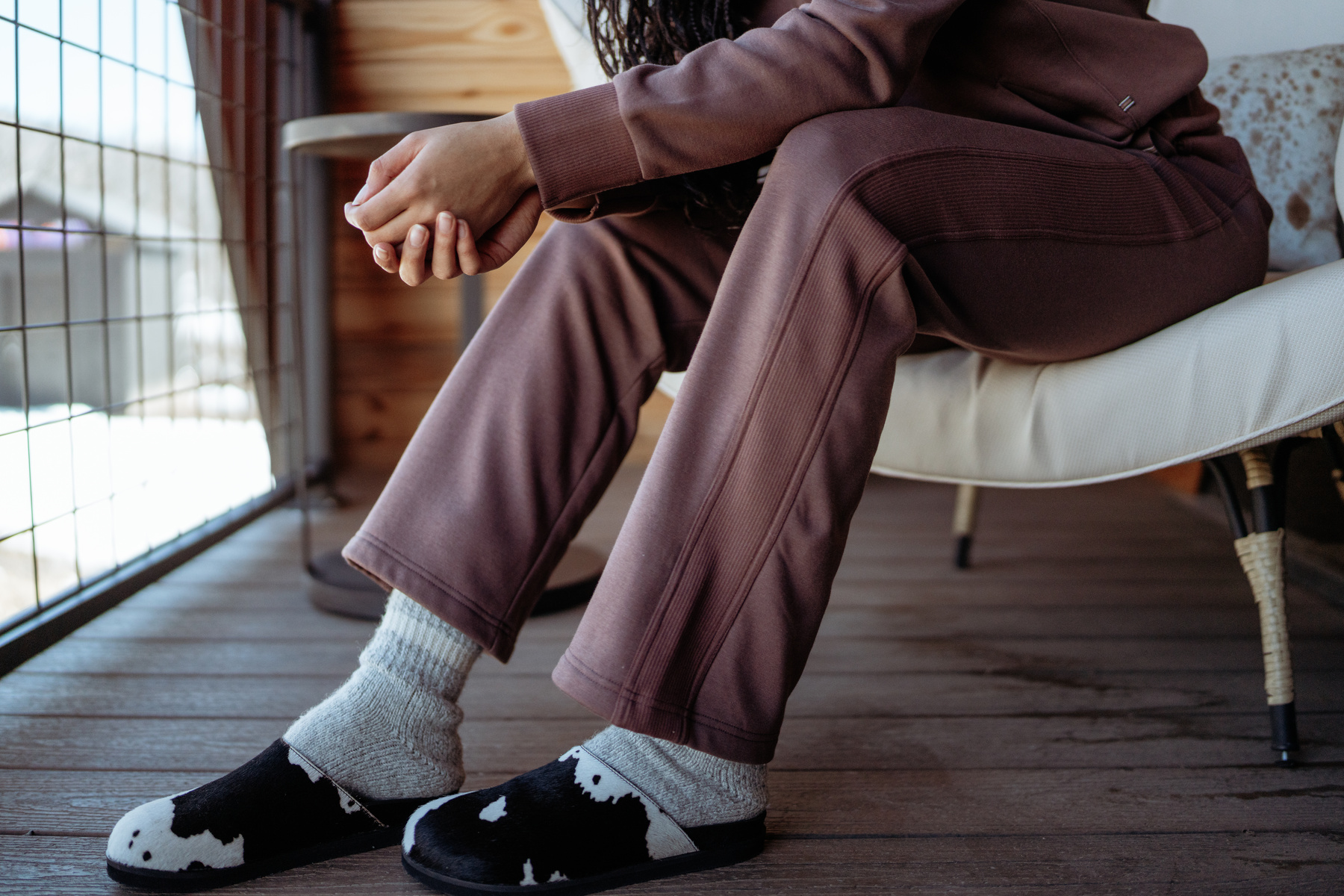CULTURE
Can Kim Kardashian Really Live Without Instagram and Facebook? Can You?
16 Sep, 20

Kim Kardashian attends the CFDA Fashion Awards at Cipriani South Street, in New York
Evan Agostini/Invision/AP/Shutterstock
Kim Kardashian has nearly 190 million followers on Instagram, where she’s in the habit of posting at least once a day.
If her followers were a nation, they would be the 8th most populous on the planet. But the citizens of Kardashia (Kimeroon? The United Kimdom?) will not be receiving any diplomatic news or thirst traps from their dear leader on Wednesday.
As she announced on Instagram on Tuesday, she is taking part in the one-day boycott of Instagram and Facebook organized by Stop Hate for Profit and promoted by other celebrities, from Katy Perry to Leonardo DiCaprio.
With less than two months remaining before the 2020 presidential election, Kardashian expressed that she felt compelled to “freeze” her accounts for the day because “misinformation shared on social media has a serious impact on our elections and undermines our democracy.”
Stop Hate for Profit
A coalition of organizations including the NAACP, the Anti-Defamation League, and Sleeping Giants, Stop Hate for Profit launched in June of 2020 with a stated goal of “hold[ing] social media companies accountable for hate on their platforms.” Their particular aim of fighting the spread of racism, anti-semitism, and electoral misinformation has been focused on The Facebook Company—which also owns Instagram and WhatsApp.
Back in July the coalition led a push for more than 1,100 companies—from Microsoft to Starbucks to Coca-Cola—to “pause” their Facebook advertising for that month. The sum of these companies’ advertising amounts to billions of dollars in annual revenue for Mark Zuckerberg’s monolith, yet Facebook’s stock barely budged—and has, in fact, been steadily climbing since.
Still, the advertising boycott seemed to be effective in forcing some concessions. As it’s laid out on Stop Hate for Profit’s website, it was in the wake of that effort that Facebook “announced the creation of a senior role to oversee civil rights … established a dedicated team to study algorithmic racial bias” and “publicly released their long-delayed civil rights audit.”
While Facebook may have hoped for those to be the kind of hollow corporate gestures that placate investors without really altering the profit model or addressing activists’ concerns, the civil rights audit included the assessment that the way the company had caused “significant setbacks for civil rights.”
Of particular concern was Zuckerberg’s lenient approach to President Donald Trump and his campaign for violating Facebook’s official policies in a number of posts and ads. Unfortunately, it’s not clear that any social media platform has the perfect solution for handling the fact that bigotry is baked into the highest levels of the US government.
While Twitter has added fact checks and limited the ways users could interact with a number of Donald Trump’s tweets in recent months, their approach has sometimes been clumsy. And efforts to remove toxic communities from Reddit attempted a balanced approach that some claimed drew a false equivalency between violently hateful groups and groups violently opposed to hatred.
It’s a difficult needle for online platforms to thread—especially when they’re already widely accused of suppressing and “shadow-banning” conservative voices. How much does it serve the public interest to erase records of the president’s hate and lies?
The Sad Necessity of Social Media Censorship
Do we really want privately owned, profit-seeking companies to be in charge of what information we’re allowed to see? If you want to spread the idea that Mark Zuckerberg deserves to be in jail, do you want him to have a say in who sees that? Should there be any censorship on social media at all?
Sadly, we don’t have the choice to allow these platforms to exist as bastions of unfettered free speech. The reality is that their profit models are based on keeping people engaged, and—without oversight—that leads to algorithms that promote outrage, hatred, and misinformation.
True stories about peaceful BLM protests just don’t spread as well as lies about Antifa fire-bombing the Pacific Northwest. Functionally, this results in platforms that actively promote hatred and division for personal profit. And Facebook just so happens to be ground zero.
In addition to the deluge of fabricated stories that spread across the platform in the lead-up to the 2016 US presidential election, Facebook has been implicated in election interference in countries around the world. They have promised to do better this November, but have done little to prove it.
Rep. Ocasio-Cortez questions Mark Zuckerberg on when Facebook will fact checkwww.youtube.com
Even more worrying, the platform was instrumental in inciting recent hatred and genocidal violence against the minority population of Rohingya people in Myanmar. In a volatile context in which racialized violence is already a major concern—like, for example, the United States in 2020—a platform like Facebook has a massive potential to fan the flames of hatred and division.
One recent example of exactly that involved a militia group calling themselves “Kenosha Guard.” The group—which was, by its nature, a violation of Facebook’s policies—promoted an event for armed citizens to patrol the streets of the Wisconsin city.
While it’s not clear that Kyle Rittenhouse saw the event before taking an assault rifle across state lines and killing two strangers, what we do know is that Facebook had ample time to remove the group and the event—which multiple users flagged for violating their policies—yet the pages were allowed to remain up even after blood had been shed.
Stop Hate for Profit hopes that pressure applied by celebrities and ordinary users during their Week of Action can push the company to “take action to address racism, hate, and disinformation on its platforms.”
In addition to Wednesday’s boycott, the schedule calls for users to spend Thursday and Friday spreading awareness of Facebook’s “role in inciting violence, spreading racism and hate, and contributing to electoral disinformation.” But is any of this likely to bring about real change?
Can a Boycott Even Work?
Sure, Kim Kardashian is among the highest profile figures on Instagram, but she’s only taking one day off the platform. Even if every one of her 189 million followers followed her lead, it would hardly put a dent in the company’s profits for September. And let’s face it, many of those people are so addicted to social media that even one day off is out of the question.
The only way Mark Zuckerberg is likely to take the push seriously is if there’s a threat of extending Wednesday’s action to a sustained boycott. Which raises the question: Is it even possible for Kim Kardashian to quit Instagram and Facebook? Is it possible for any of us?
In the case of Kim and the rest of the Kardashian-Jenner clan, so much of their livelihood is tied to messaging directly to their fans. While Kim stated in her post that she can’t “continue to allow the spreading of hate, propaganda and misinformation,” does her family (leaving aside the fact that her husband Kanye West is himself a prolific source of propaganda and misinformation currently attempting to interfere in the election) really have a choice?
In addition to using Zuckerberg’s platforms to promote their various fashion and makeup ventures, they get paid big bucks for sponsored posts—with Kylie Jenner reportedly earning more than $1 million per sponsored post in 2019.
With KUWTK officially ending, the reality TV dynasty will be all the more dependent on social media to maintain their celebrity and their incomes. Is there a viable option for reaching the masses that doesn’t profit Mark Zuckerberg? Will they switch to vlogging on YouTube, or posting all their selfies on Twitter? Will the whole family end up on OnlyFans?
More to the point, can we, as a society, really let go of the digital communities that keep us connected? According to every commercial that has aired during quarantine, we need those connections “now more than ever.”
But if those connections support companies that profit from hate-mongering and efforts to undermine democracy, can we live without the tether of social media? Can we go back to chat rooms, phone calls, and Christmas cards? Can we still exist without blasting our thoughts and our lives out into the world?
Failing that, will Congress manage to break up big tech companies, so they’re more susceptible to public pressure? Or do we just need to wait for some benevolent tech company to come along and connect us without giving a platform to hatred and lies?
Because if we can’t make a credible threat of abandoning Facebook and Instagram, Mark Zuckerberg will just keep offering hollow solutions—he’ll have no reason to stop harvesting his billions from the violent collapse of our society.













